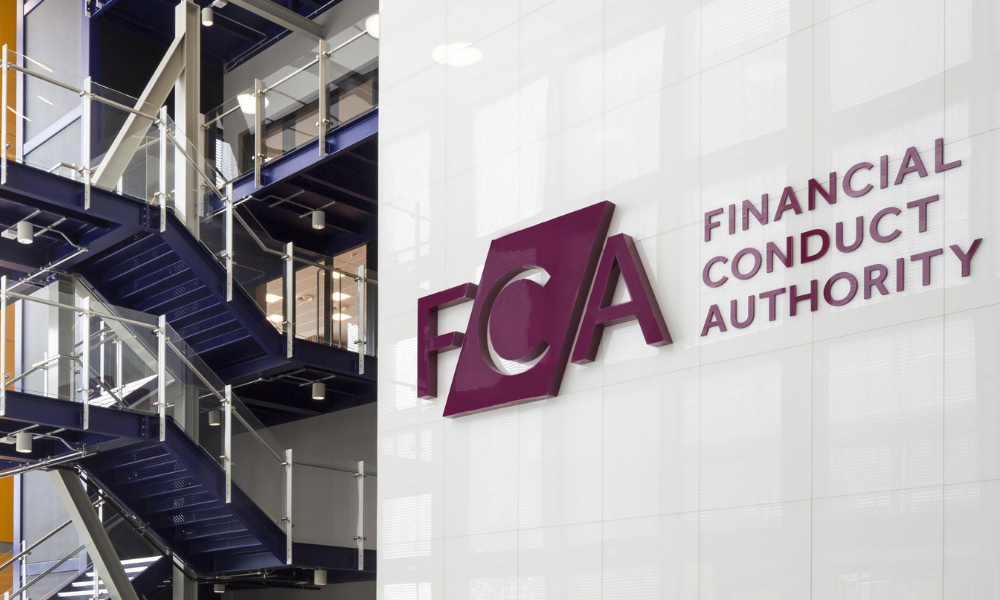Regulator criticised by MPs, peers

The Financial Conduct Authority (FCA) has come under fire following a damning report from the all-party parliamentary group (APPG) on investment fraud and fairer financial services.
The cross-party group of MPs and Lords described the UK’s financial regulator as “incompetent at best, dishonest at worst,” calling for extensive reforms to address serious shortcomings.
The report, based on nearly three years of investigation and evidence from 175 fraud victims, whistleblowers, and former FCA staff, highlighted widespread concerns about the regulator’s performance. It criticised the FCA for failing to act decisively in high-profile financial scandals where consumers and small businesses were allegedly mistreated by financial firms.
According to The Guardian, APPG co-chair Bob Blackman wrote in a 358-page report that the watchdog had often been accused of “doing too little, too late – or nothing” in response to misconduct. The report also detailed regulatory failures that caused significant financial and emotional distress.
Blackman said it painted a troubling picture of the FCA’s culture, with the regulator’s actions described as “slow and inadequate” and its leadership as “opaque and unaccountable.” He emphasised the urgency of improving the regulator’s effectiveness, given the scale of financial crime in the UK.
One of the report’s most serious criticisms centred on the FCA’s internal culture, which whistleblowers and former employees described as toxic and dysfunctional. Interviewees alleged that senior management ignored complaints of bullying and “macho” behaviour, and some claimed that dissenting views were stifled or punished. The report stated that the organisation’s culture has worsened in recent years, with errors and inaction becoming commonplace and accountability lacking.
The FCA’s handling of whistleblower evidence was labelled “alarming”, with claims that the regulator failed to investigate intelligence properly, protect whistleblowers, or act on their concerns. In some cases, whistleblowers reported being harmed by the very organisation they sought to assist.
A former employee described the culture as “the worst staff environment I have ever experienced in nearly 40 years,” adding that management was hierarchical, dismissive of challenges, and overly confident in its own expertise.
The APPG report recommended sweeping changes to the FCA’s structure and practices, including the establishment of a supervisory council modelled on Australia’s approach to financial regulation. It also suggested revising the FCA’s funding model, removing its immunity from civil liability to consumers, and replacing senior leadership if needed.
If these reforms prove insufficient, the APPG proposed a royal commission to explore more radical changes, such as redistributing some of the FCA’s responsibilities to other organisations.
The FCA’s chief executive, Nikhil Rathi, who took over in 2020, has implemented some changes, including increased investment in technology and the removal of bonuses for senior staff following criticism of the regulator’s handling of past scandals. However, the APPG found these efforts to be largely ineffective.
Meanwhile, the FCA rejected the report’s characterisation of its performance.
“We sympathise with those who have lost out as a result of wrongdoing in financial services,” an FCA spokesperson was quoted as saying in The Guardian report. “However, we strongly reject the characterisation of the organisation. We have learned from historic issues and transformed as an organisation so we can deliver for consumers, the market and the wider economy.”
The regulator pointed to positive results from its most recent staff survey, which showed improvements in employee engagement and trust scores. It also noted that, in the last financial year, the FCA charged 21 individuals with financial crime offences – a record number for a single year.
Despite these claims, the report’s findings have added to mounting pressure on the FCA, which has faced criticism from multiple independent reviews in recent years. The controversy comes as Chancellor Rachel Reeves has urged the watchdog to support greater “sensible risk-taking” to boost economic growth.
Reeves has also looked at reforming the UK’s financial complaints system, aiming to ease the financial burden of mass compensation cases on banks while improving transparency for consumers. Her proposals, announced alongside initiatives from the Financial Ombudsman Service (FOS) and the FCA, are designed to address the rising number of complaints and the growing impact of claims management firms.
The chancellor has emphasised that her reform efforts aim to balance consumer protection with business stability, aligning with her commitment to introduce a single annual fiscal event. This approach, she argues, will provide strategic certainty and support long-term planning for businesses.
Any thoughts on this story? Share them with us by leaving a comment in the discussion box at the bottom of the page.



